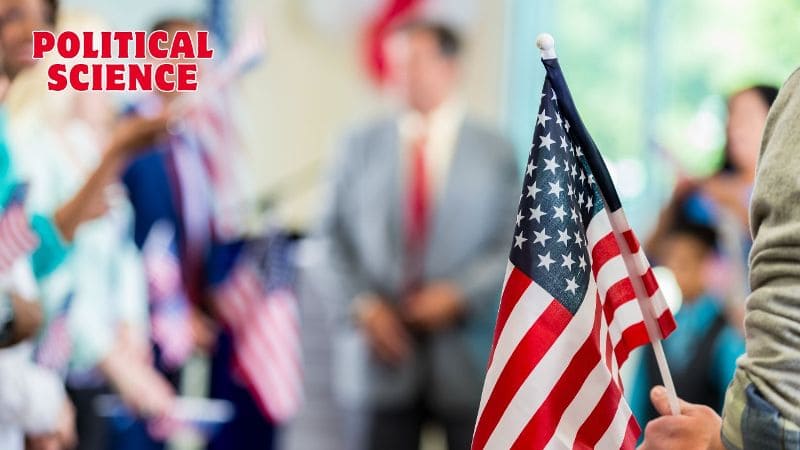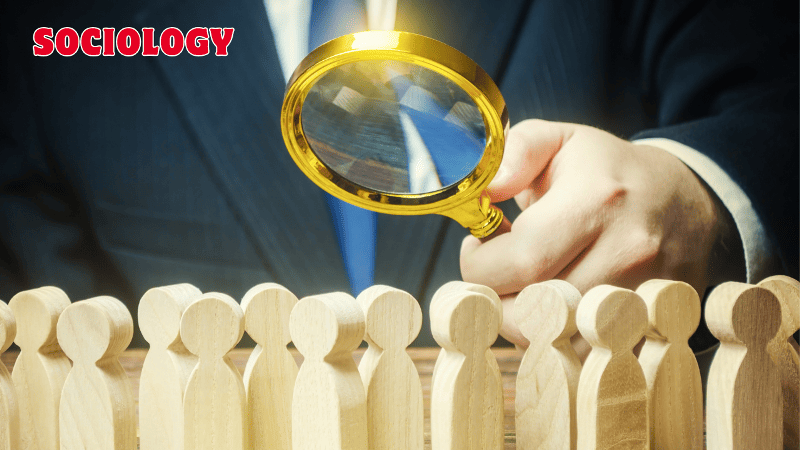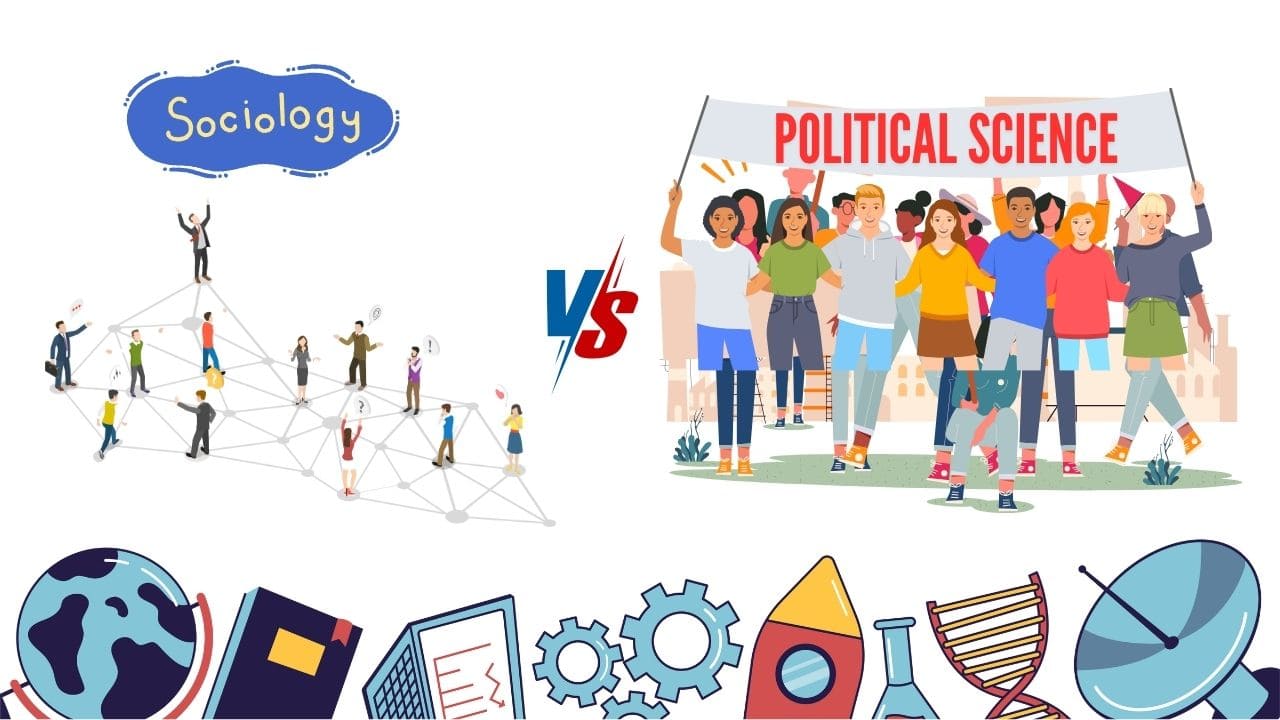Sociology Vs Political Science: The Differences
Politics and Sociology both are political activities connected closely from different perspectives and methodologies on the individual and the social structure. Ever society has dynamics of interrelations, customs and so on so does political activity. The scope of this article will touch on the similarities and differences between sociology and political science, alongside the basic essence of both theories.
Definitions, Scope and Core Areas
In its broadest sense, sociology understood as the activity of selecting and organizing, modifying and distributing techniques or instruments for the Sciences aimed at the study of institutions or activities associated get as far as the process of governance. Sociologist has to explain how the human being is influenced or implemented and how it meets the goals of the interacting groups or the society.
In its most general understanding, political science is the study of politics, political institutions and political behavior. And its primary concern is the politics as it works out in the real world of communities, states and nations. Lastly, they are able to investigate power in society through political institutions, processes and policy as well as the society itself. Throughout all of their interests, they focus on understanding how power determines who governs and who is governed.


Focus Areas
One of the strongest points that can be used to describe the focus area of sociology is that it looks into every aspect of society, including the organized and non-organized. This also deals with many aspects, such as family, education, religion, the economy, etc. Sociologists, therefore, study an individual’s or a small group’s behavior patterns as well as large scale changes in the culture or society and also social movements and use various methods to do so.
However, political science is quite the opposite of sociology in that there are many divisions but the main concern is political institutions and processes. Some of the things studied include:
Political Institutions: Prominent structures like legislatures, executives, courts, and bureaucracies engaged in policy-making processes.
Political Behavior: This examines elections, political parties, public opinion, interest groups and political activity in general.
Public Policy: Looking how policies are generated and in time influence people.
International Relations: Concerned with how countries across the globe communicate with each other politically.
Subject Scope
Sociology as a field is fairly advanced because it covers the understanding of human dimensions in different settings, the complexities involved encompassing power relations. It also examines the unofficial sources of power which operate within the borders of the society but are antagonistic to the formal political order. Sociologists may also study the patterns of conflict and social inequality, race and ethnicity, gender, deviance, social change, cultures, and norms.
On the other hand, political science seems to have a scope which is more limited to the aspect of governance. How political power is secured, exercised and retained forms the nucleus of the study. The change in the status of political scientists is because their interest is now at the structural confines of power within states: how laws are made and implemented, and what is the impact on the lives of the people.
Methodologies
Both of the fields make use of qualitative and quantitative research methods in the collection of data. But:
- Sociology engages in a variety of methods as surveys, interviews, ethnography, content analysis, and case studies in researching social phenomena.
- Political Science on the other hand, is usually based on the analysis of electoral statistics volume, analysis of political templates, systematic comparisons of different political regimes, and models of political behavior.
Career Opportunities
Possible jobs/professions available to sociology majors include:
- Social researcher
- Community organizer
- Public relations specialist
- Policy analyst
- Caseworker
These posts focus on addressing some social problems in particular, non-governmental institutions, governmental departments, educational organizations or business companies.
On the other hand, dumps political science graduates can work as follows:
- Politicians
- Lobbyist
- Political consultants
- Legal analysts
- Public affairs specialists
This group in particular works within government structures or in organizations that are involved in making policies.
Sociology and Political Science Connection
Even though there is difference in their focus and approach, sociology and political science have some significant points of overlap:
Power Relationships: These two disciplines examine power-structures but in different ways. Sociology studies the informal power structures within the community while political science deals with the power as an appointed official.
Social Movements: Both fields deal with society in the broader context of social movements especially in the creation of change; for instance, Sociologists may be interested in the provide focus and the political analysis examines how such movements affect public policy.
Social Issues: The policy suggestions provided in sociology for the policy practitioners such as on how to deal with social issues, for example, poverty or education, of where policies are sought through a political science of electoral systems or policies of governance.
Globalization Impacts: Apart from the sub-disciplines mentioned, both of them also address the influence of globalization, how globalization affect transnational cultures and political systems: sociology may focus on globalization effects on local culture integration and political science look for the consequences of an interdependence culture on international politics
Unequal Viewpoints
The views of sociology and political science are also on opposite extremes:
- Sociological Viewpoint: American sociology is centered on interactionist notions which argue that people held meaning via various interactions depending on the situation context.
- Political Science Perspective: Political science perspectives are often oversimplified as explaining how rules develop well-behaved people through the communication of pre-existing norms embedded in institutions.
Difference between sociology and political science
Here’s the comparison of political science and sociology in a tabular form:
| Aspect | Sociology | Political Science |
|---|---|---|
| Definition | The scientific examination of human societies, concentrating on their structures, relations, and cultures. | The field of politics, government, and political systems seeking to understand the distribution and use of power, as well as its consequences for social life. |
| Focus Area | Concerned with the growth and evolution of human social systems and their organization. | Focused on the exercise of political authority, governance, and administration at local, national, or international levels. |
| Subject Scope | Deals with social relationships, culture, family, and institutions. | Addresses specific activities of governments, implementation of policies, and general political philosophy. |
| Methodologies | Utilizes ethnography, case studies, surveys, and interviews to study social phenomena. | Employs quantitative analysis on political data, comparative politics, and theoretical models. |
| Career Options | Social researchers, community organizers, PR officers, and policy analysts are some of the areas where the graduates could work. | Graduates can work as politicians, lobbyists, legal analysts, and public affairs professionals. |
| Interrelationships | Involves tracing the consequences of the political acts on the society and intersects with political science in the theme of power and social movements. | Use sociological concepts in order to enhance the understanding of social relations that possess a direct bearing on governance; studies social movements and their impacts on policy frameworks. |
| Perspective | Focuses on interactionist beliefs stressing the importance of individuals within a social environment. | Centers on institutional understanding that examines how institutions influence people’s actions through rules and regulations. |
| Educational Pathways | Includes courses on social movements theory, cultural studies, and community migration. | Covers political theory, public policy, international relations, and public governance. |
| Public Engagement | Encourages activism and concern for social problems by studying societal structures. | Concerned more with institutions and governance than with direct social issues or activism. |
This table effectively summarizes the key differences between sociology and political science across various aspects..
Must Read,
✔️ What is the Sufficient Changing Room Size Required in General?
✔️ Zehnaseeb Song Lyrics in English and Hindi
Conclusion
To conclude, in trying to focus on social structures and social relations, sociology tries to understand human society as a whole but in trying to investigate systems of governance and the power structures behind them, political science brings a more focused perspective. Both serve as important tools in putting together the overwhelming puzzle of human behavior in relation to society. The nature of those disciplines being interdependent enriches our understanding of the social phenomena – stressing that a multi-method approach is necessary to solve contemporary issues and challenges facing societies today, especially from such an empirical perspective as this one.
In order to understand sociology and political science, and at the same time see how the two are related, sociologists would be able to address issues that are cross cutting significantly better which would hence translate to policies that are more realistic and applicable to human society.









